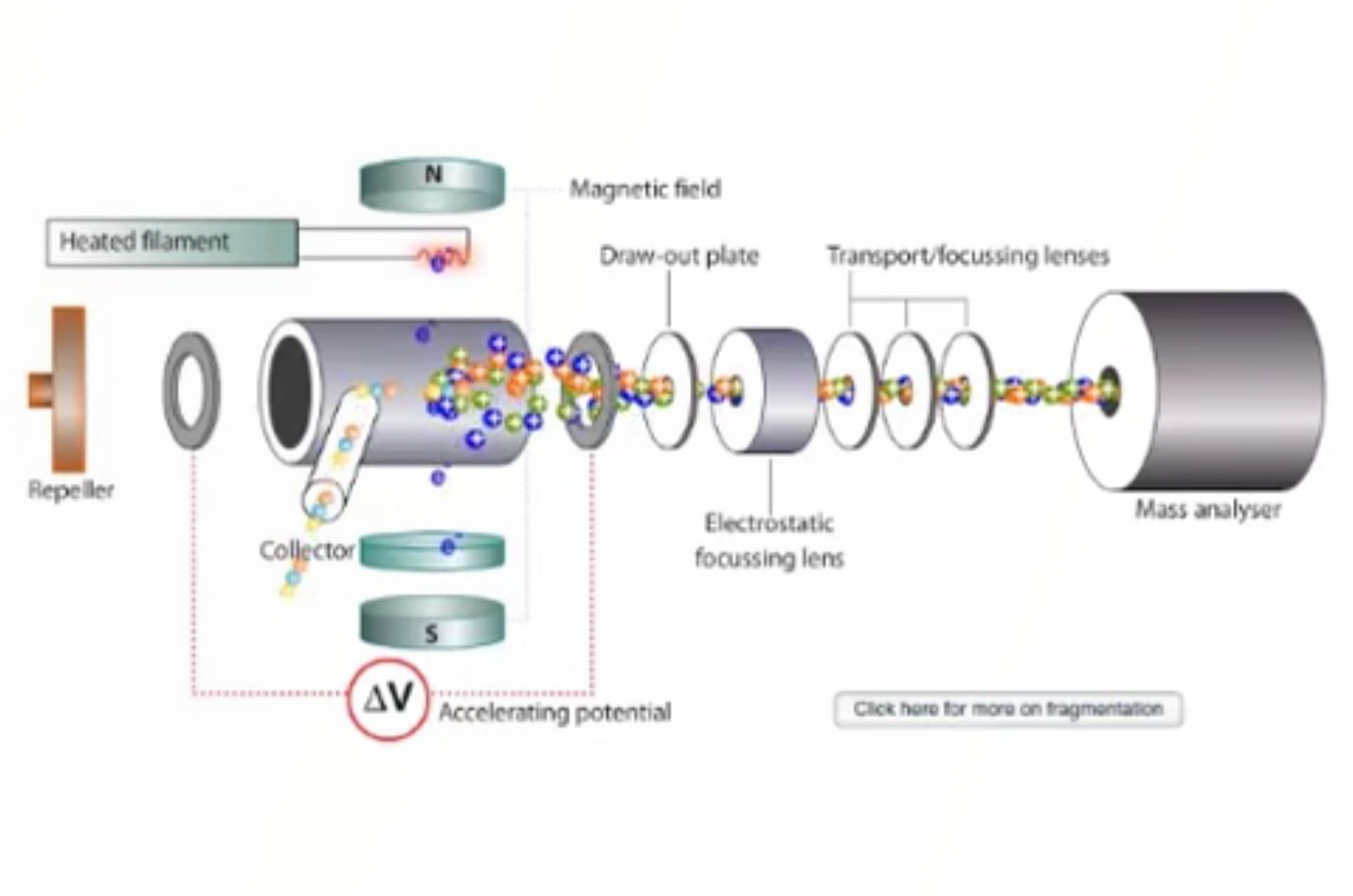Optimizing GC-MS and GC-MS/MS Analysis for Environmental Applications
Environmental samples present several analytical challenges such as, their sample matrix (large volumes of water, soil, air), complexity (large numbers of analytes of differing chemistries), and the requirement for increasingly reduced detection limits. Analytical techniques, therefore, need to be able to meet these specific application needs and produce results in a timely fashion. GC-MS and GC-MS/MS are highly applicable to environmental samples and can be used to combat the most challenging of analyses.
This webcast will look at how to decide between GC-MS or GC-MS/MS analysis and once this decision has been made how to optimize the analysis in a variety of practical ways. This will include approaches to increase throughput (fast GC columns) and maximize sensitivity (optimizing of ion source parameters, altering scan speed, or improving the speed and efficiency of collision processes in multiple reaction monitoring).
Topics include:
- Methods of sample introduction:
- Large volume
- PTV injection techniques
- Fast GC columns for high throughput analysis
- Optimization of ion source parameters for various environmental applications
- Influence of scan speed on data collection in single quadrupole instruments - SCAN/SIM analysis and its applications
- MS or MS/MS - what variables influence the decision?
- Improving the speed and efficiency of collision processes in multiple reaction monitoring (MRM) GC-MS/MS experiments to optimize sensitivity
- Databases for analyte identification and screening
- Targeted versus non-targeted analysis in a range of environmental applications

